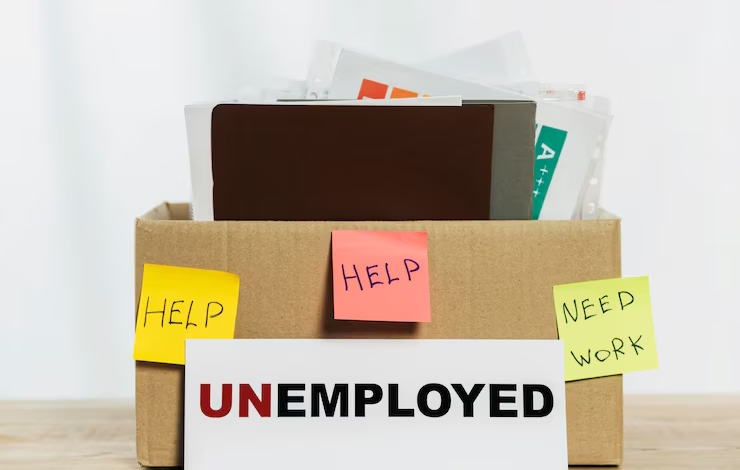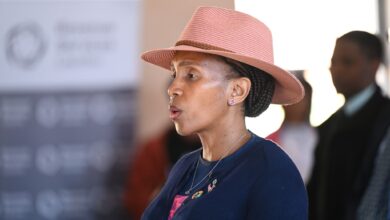Lesotho’s 2025/26 Budget Deepens Youth Unemployment Crisis, Leaving Many Hopeless

The 2025/26 fiscal year budget recently presented has intensified concerns over unemployment in Lesotho, leaving many young people aged between 15 and 35 disheartened. Instead of offering hope and tangible solutions, the budget has only served as a painful reminder of the ongoing crisis affecting the country’s youth.
In interviews conducted by the Agency, several young people expressed their frustration and despair. Many feel that not only have their dreams been put on hold indefinitely, but their future beyond Lesotho’s bicentennial also remains uncertain.
One such individual, a Social Work graduate from the National University of Lesotho, shared their struggles, saying, “Helpless and hopeless, stressful and depressed are some of the words that come to mind when I think of the many days, weeks, months, and years spent applying for jobs but in vain.” This sentiment is echoed by thousands of young graduates who continue to face insurmountable barriers to employment.
Thandiwe Khatakane, another affected youth, emphasized the severity of the issue after the Minister of Finance and Development Planning, Dr. Retsélisitsoe Matlanyane, revealed that over 760,000 young people are unemployed while only 145,000 have jobs. This stark contrast has only added salt to the wound, highlighting the widening gap between job seekers and available opportunities.
The frustration among Lesotho’s youth stems from what they see as a lack of commitment from the government to address the unemployment crisis. Many had hoped that the new budget would introduce comprehensive policies to create more jobs, boost entrepreneurship, and stimulate economic growth. Instead, the absence of clear strategies has left young people feeling abandoned and overlooked.
The persistent high unemployment rate in Lesotho has far-reaching implications beyond individual hardships. It contributes to increased poverty, mental health struggles, and social unrest. Without urgent intervention, the country risks losing its most productive generation to disillusionment, crime, and migration.
Young people are now calling for immediate and effective measures to tackle unemployment. They demand increased investment in job creation, skill development programs, and entrepreneurship initiatives that will empower them to become self-sufficient. The question remains: will the government listen and act before it is too late, or will the youth of Lesotho continue to struggle in a state of economic despair?




